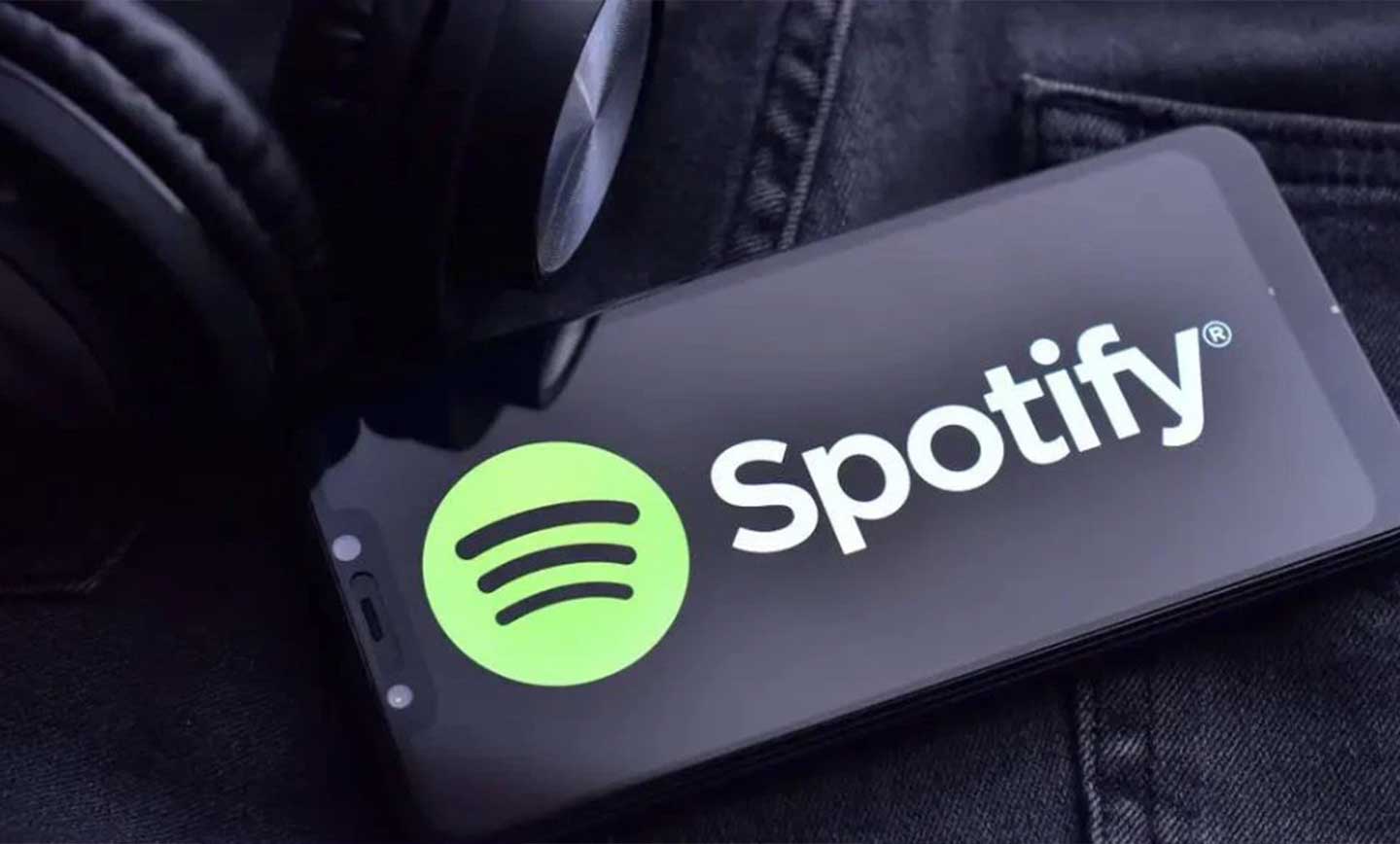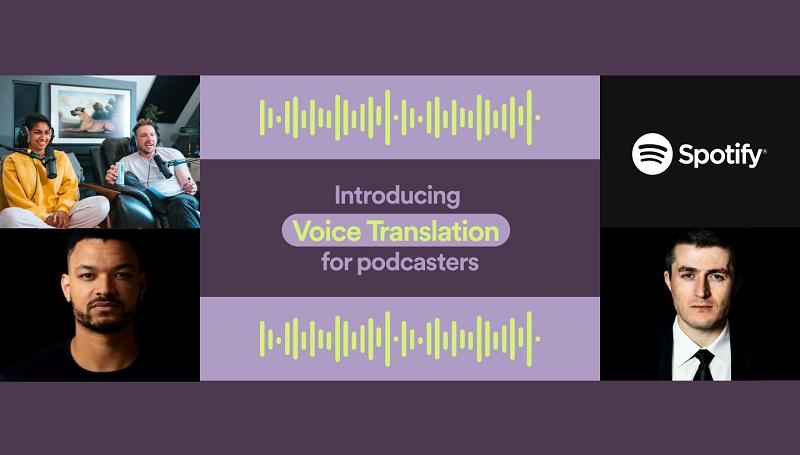Spotify uses artificial intelligence to translate podcasts into other languages
Using artificial intelligence , Spotify is going to allow you to listen to podcasts in other languages with the voice of the podcast you want.
Ever wondered how your favorite podcasts sound in Chinese or Spanish? That’s what Spotify plans to do soon with an AI-powered feature. The Voice Translation feature, which has been available for a few days, allows users to listen to parts of podcasts in other languages with the podcaster’s own voice (at least something like that).
Spotify actually developed this tool with the help of OpenAI’s Whisper Automatic Voice Recognition (ASR) system and uses the artificial intelligence model of the voice-to-text conversion to translate audio files and return the audio as the original source in the target language. to reach the audience.
The first people involved in unveiling this new feature were Dax Shepherd, Manika Padman, Lex Friedman, Bill Simmons and Steven Bartlett. Although not all of their podcasts are available in other languages at the moment. Lex Friedman’s interview with Yuval Noah Harari, Kristen Bell’s episode, by the grace of god, returns from Armchair Expert podcast and interview with Dr. Mindy Pelz from The Diary of a SEO with Steven Bartlett podcast are available in Spanish.
Spotify has announced that more podcast episodes will be available in the coming days and weeks, and that French and German languages will be added soon. You can see this in your phone or computer’s Now Playing View section. Stay tuned for more parts to be added to Voice Translations.
A smarter use of AI

After OpenAI’s ChatGPT made a lot of noise, many music streaming services jumped on the bandwagon and tried to make the most of it in its golden age. Previously, these platforms used machine learning to recognize patterns and trends in users’ music tastes in order to offer better recommended music (Discover Weekly Playlist). However, technology has also presented newer methods to developers.
For example, DJ in Spotify, which is based on artificial intelligence, is one of the ways to suggest songs. Also, Universal Music has signed a contract with Endel, which can use AI to create ambient sounds such as the forest’s noise and the water’s movement. Meta and Google are among the companies that have taken steps in this field. But arguably the scariest idea is that we’ll finally see a self-contained podcast powered by a productive AI.
Several generative AI podcasts have already been released as an experiment, including The Joe Rogan AI Experience and Hackers News Recap. Along with privacy and copyright concerns, one of the biggest issues on users’ minds is that there will be no more live chat in this situation.
Anyway, using generative artificial intelligence to translate podcasts seems like a good idea and will probably increase the audience of many podcasters. Now we have to see if the developers have a plan to experience interviews and live programs at the same time. In addition, we hope this feature can make podcasts available in more languages.

